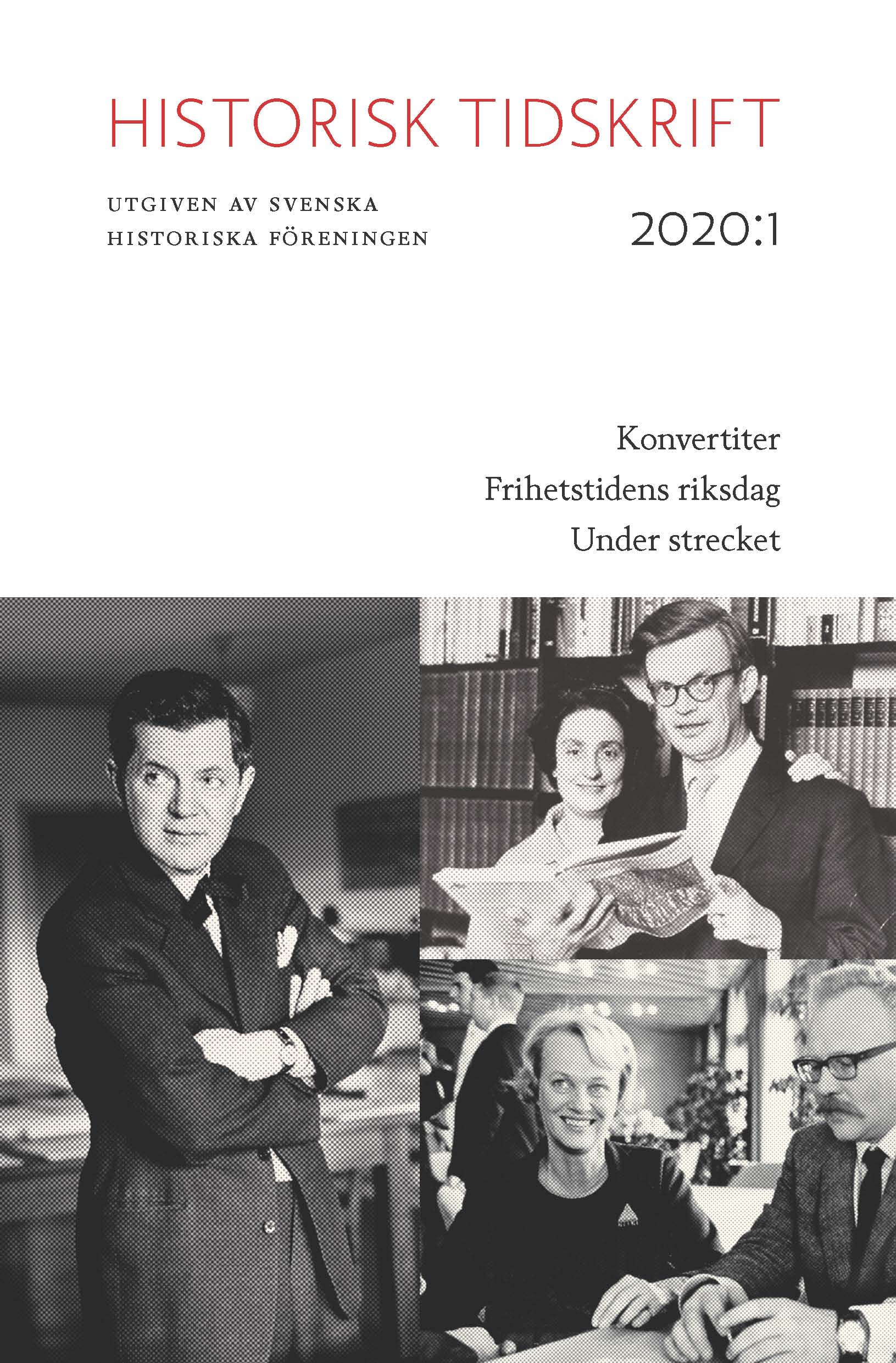Abstract
The political function of discipline: Systems of sanctions and citizenship-making in the early workers’ associations, c. 1845–1885
This article contributes to the research on how the earliest Swedish workers’ associations formed and controlled the poor and politically marginalized classes. Previous research on the fostering functions of organized labour has emphasized that it created a self-governing, reformist and conscientious working class. These studies have largely been based on the educational activities and ideological programs of the movements. This article shows that the workers’ organizations, in their first liberal phase, also shaped the behaviour of their members by establishing a system of sanctions. Thus, the essay focuses on a technique of moral regulation that was part of the everyday practice of organizational governance. The system of sanctions is treated and analysed as a disciplinary mechanism in a Foucauldian perspective, focusing on the type of subjects that the system formed and promoted. The first empirical section describes and analyses the basis of the system: the codes of conduct and its regulations. Drinking and disorderly behaviour in general were condemned, as was not being able to follow the right political protocols for being a good member of an association that was based on representative government. Furthermore, the system of sanctions created a relationship of power between the representatives and the majority of members. The former, mainly the governing board and the disciplinary corps, acted as fostering and policing authorities. The authorities were also in charge of deciding the penalties for members who were suspected of breaking the rules. Sanctions came in the forms of warnings, fines and expulsions. An in-depth analysis of individual cases shows that immoral and disorderly conduct, inside as well as outside the organizations, was cause for exclusion. The article shows that the sanction system thus served certain political functions. The sanction system formed capable citizens with the knowledge needed to engage in collective organizational politics; and in the end, the knowledge required to take part in a liberal-capitalist society in development.

